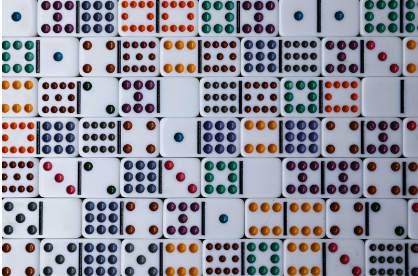Fact Fluency Resources

There is a common misconception that students are fluent with their basic math facts if they have the answers memorized and/or can recall sums, differences, products, and quotients quickly. However, that’s not what fluency means! When a student is fluently computing, they are thinking flexibly, accurately, and efficiently about numbers and operations!
What is fluency in mathematics?
There are three characteristics of fluency we want children to show when working on their basic math facts.
- Flexibility: When children have flexibility, they know there are many ways to arrive at an answer. For example: when a student is adding 8 + 7, they might use a double ( 7 + 7 + 1), they might make a ten (8 + 2 + 5) or they might compensate (10 + 7 – 2). As well, they can consider which strategy is the best to use in given situations.
- Efficiency: Students use their flexibility to choose the strategy that will help them arrive at the correct answer in a reasonable amount of time. Students understand they have various skills to help them arrive at an efficient answer. For example: it is more efficient to solve a 8 + 7 using a “make ten” strategy than it is to count up from 8 to 15. A child might say, “I don’t need to count up from 8 because I know I can make a 10 first.”
- Accuracy: When a student shows accuracy, they can arrive at the accurate answer and they can explain the strategy they used to do so. For example: “8 + 7 is 15. I decomposed the 7 into 2 and 5. Then, I took the 2 and added it to the 8 to make 10. Then I did 10 + 5 to get 15.”
What are some resources that can help you with this?
Check out Berkley Everett’s Math Flips! Math flips are flashcards with a problem on the front and a similar problem on the opposite side. When students use these instead of flashcards with answers on the back, they are forced to think about how students think about problems
Steve Wyborney’s Splat! Splat! is an awesomely interactive way for students to think about numbers, patterns, relationships, using doubles, making ten, and so much more!
Looking for math games where children can discuss their strategies, critically think, learn from each other, and work on retaining their math facts? Check out these math games from Jennifer Bay-Williams and purchase her book here .

